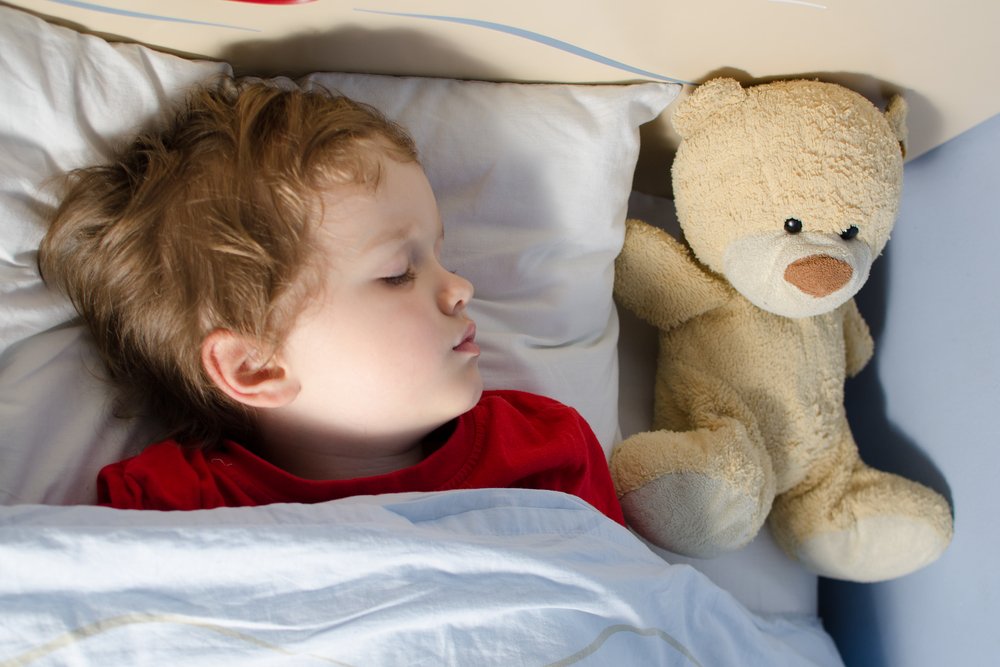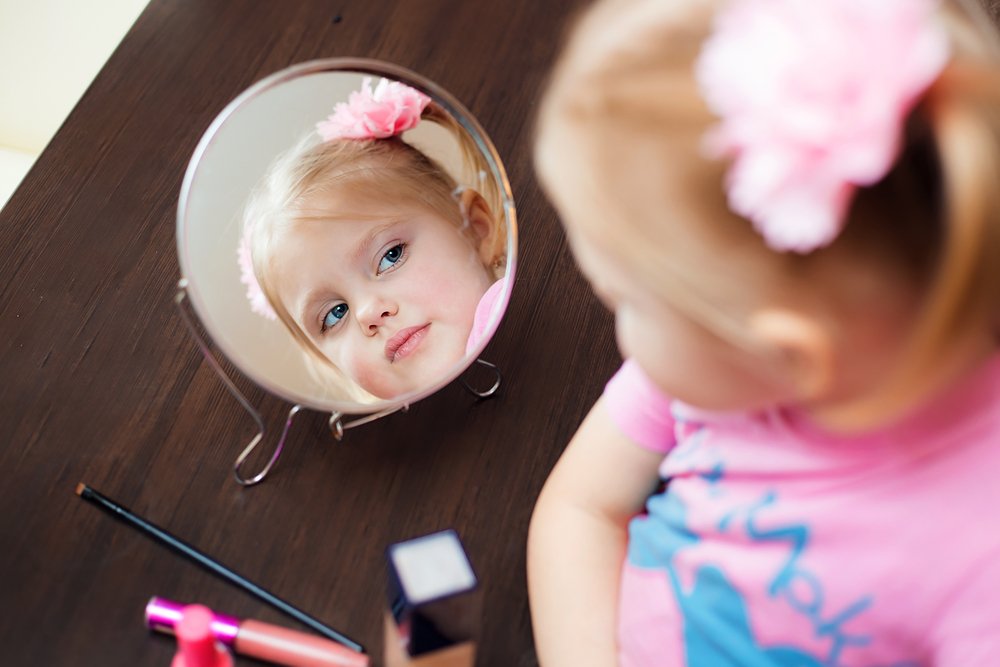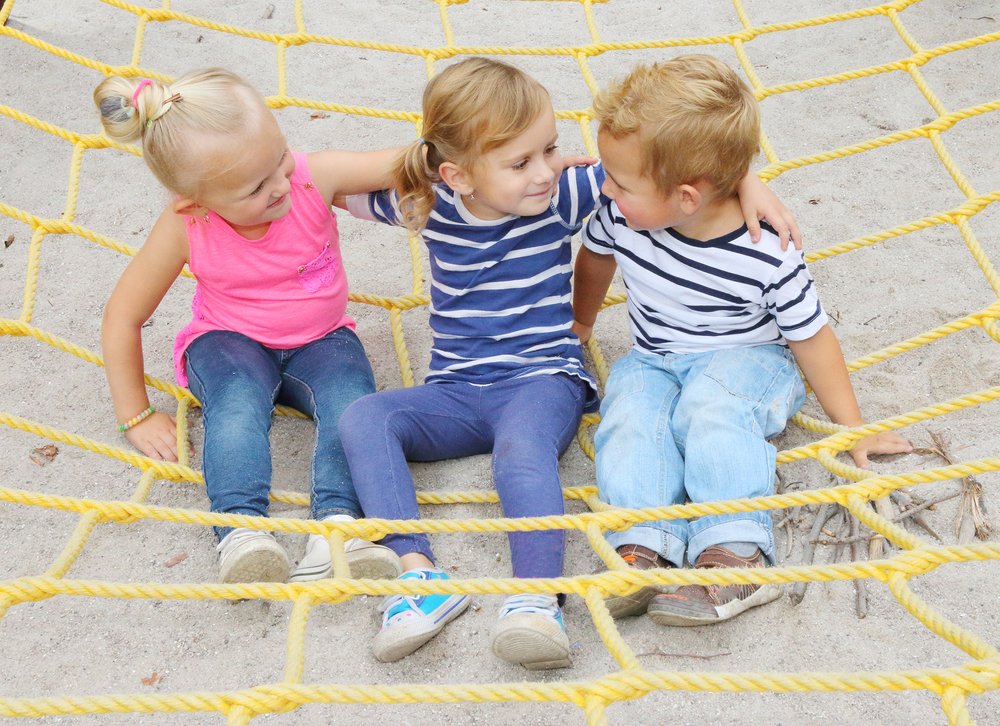
When should I take my children to the movies or a show?
Key points: Introducing your child to the cinema or theater should be done between 2-4 years old, but it ultimately depends on the…
Discover the key milestones of physical, cognitive, linguistic and socio-affective child development and understand the science behind child development.
Discover the key milestones of physical, cognitive, linguistic and socio-affective child development and understand the science behind child development.

Key points: Introducing your child to the cinema or theater should be done between 2-4 years old, but it ultimately depends on the…

Key points: Having difficulties with sharing is a part of every child’s developmental process. Sharing is a fundamental skill that teaches compromise, fairness,…

Key points: Children respond more to actions than words; what you do matters most. Reinforcing positive behaviors is crucial to change unwanted behaviors…

Key points: Tantrums are common between ages 2 and 4. Tantrums are a way for preschoolers to express intense feelings or frustrations. Help…

Key points: Transition from crib to bed after 36 months when your child understands rules and limits. Celebrate the transition and position the…

Key points: Professor Matthew Sanders researches positive parenting’s impact on parent-child relationships and emotional development. Tips: Daily conversations, genuine interest, realistic expectations, and…

Key points: Toddlers and preschoolers go through a crucial development phase with challenges like impulsivity and defiance. Positive parenting tools can improve a…

Key points: Positive Discipline, as advocated by Jane Nelsen, emphasizes mutual respect over punishment for teaching children discipline. Practical tips for implementing positive…

Key points: Matthew Sanders’ research in 1999 provided practical strategies for children’s social and emotional development. Positive parenting strategies for preschoolers include a…

Key points: Children may appear picky around food due to exploring boundaries and limits, taste preferences, or difficulties with trying new things. American…

Key points: Defiance is a common marker of a child’s social and emotional development between 2 and 4 years old. Parents can respond…

Key points: Children are exploring the concept of “personhood” and striving to establish themselves as independent individuals during their toddlerhood and preschool years….

Key points: The question of when, why, and how children become self-aware has been a crucial inquiry for developmental psychology. Psychologist and researcher…

Key points: Self-awareness skills are important for children as they develop and grow. These skills help children to understand and regulate their own…

Key points: Developing self-awareness skills is crucial for a child’s future relationships and overall mental health. Children around four years old start working…

Key points: Sharing is a crucial developmental milestone for preschoolers’ social and emotional growth. Children need help to develop sharing skills, especially around…

Key points: Effective communication shapes your child’s personality and future relationships. Active listening is crucial for your child’s social and emotional development. Reflective…

Key points: Effective communication at ages 2-4 is crucial for a child’s social and emotional development. Modeling problem-solving through positive communication is vital…

Key points: Communication milestones significantly advance between 36 and 48 months, crucial for language and social development. Positive and effective communication with children…

Key points: Consider your child’s developmental stage and preferences when introducing new foods. Engage your child in the process: read about the new…

Key points: Independent dressing is a crucial skill for preschoolers, typically starting between 36-48 months. Learning to dress independently builds fine and gross…